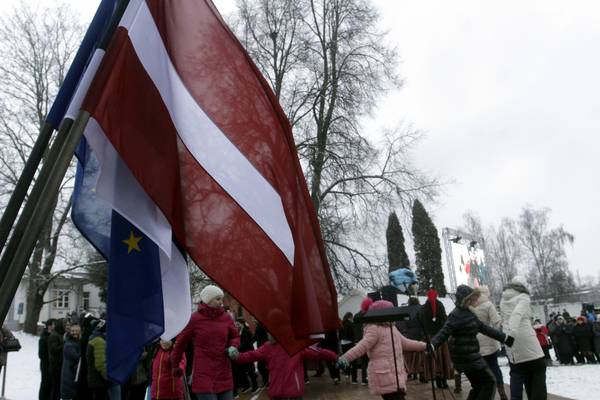EU: ten years ago Schengen enlargement to the East
Serracchiani, with Slovenia, we went beyond the '900 legacy
21 December, 21:03It was the first and most significant application of Schengen to the eastern part of Europe, which thus followed the system that had been already in place in most of the member states since 1995. The scheme was extended to the airport areas of these countries on 30 March 2008.
The anniversary was celebrated in all the countries involved, with public events and television broadcasts, which emphasized especially that Schengen represented the overcoming of the territorial divisions created by the Cold War, guaranteeing full freedom of movement - without border controls - in most of the continent. Among the member countries, Bulgaria, Romania, Croatia and Cyprus.are not yet part of the Schengen area. ''Ten years without borders have not only opened up our region to an important cooperation with Slovenia, but, thanks to the free movement of people, have also marked a further and decisive step towards the definitive overcoming of the historical legacies of the 20th century'', said today the President of Friuli Venezia Giulia Region, Debora Serracchiani, on the occasion of the tenth anniversary (December 21, 2007) of Slovenia's entry into the Schengen area.
Serracchiani then remarked that the opening of the borders has encouraged the development, especially in the Gorizia area, of the projects of the European Grouping of territorial cooperation (EGTC), with the cross-border candidacy of Gorizia and Nova Gorica for European Capital of Culture 2025 , and the proposal to establish an economic zone between the two cities.
''But the relations - Serracchiani underlined - have also involved other sectors, such as environment and innovation. A recent outcome is the signing, in recent days, of the protocol of collaboration between the Regional Agency for the environmental protection (Arpa Fvg) and the Jozef Stefan Institute (JSI) in Ljubljana, the leading scientific research institute in Slovenia, where more than 900 engineering and experts of physical, natural and environmental sciences operate - the president said - with the awareness that what has been done in in the last five years, in terms of relations and cooperation with Slovenia, represents, not only economically, of the best development opportunities for our region''. (ANSA).














